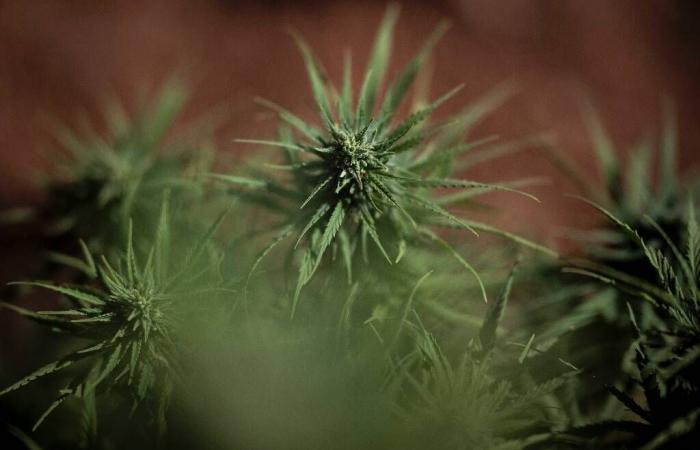
“The experimentation with the medical use of cannabis, launched in March 2021, will end on December 31, 2024,” the National Medicines Safety Agency (ANSM) confirmed to AFP at the end of December.
This experiment, carried out with several thousand patients, was to make it possible to decide whether the use of cannabis for therapeutic purposes could become a reality in France.
Although it is only authorized for recreational purposes in a few countries such as Germany, cannabis is used as a treatment, mainly for pain and anxiety, in the majority of the European Union (EU), as well as than in several American states.
This is not the case in France, but it was set to become so. After several years of experimentation, the ANSM, which oversees this, announced last February that the first cannabis-based treatments would be available in 2025.
Since then, nothing. The subject is particularly worrying for the approximately 1,800 patients still treated as part of the experiment. They are faced with the prospect of an abrupt cessation of it, without being able to continue with a medication authorized by law.
Certainly, the Ministry of Health has just given them a reprieve: “a transition period” of six months starting this Wednesday, January 1, reported the ANSM.
But it is explicitly a question of facilitating a “stopping of treatment”, in other words of allowing these patients to move on to other treatments.
There is therefore complete uncertainty regarding the future of medical cannabis in France, even if, on a medical level, the issue is not necessarily crucial.
A lack of transparency
There is indeed no consensus on the benefits of medical cannabis. In France, the Academy of Medicine, although rather conservative in its positions, is skeptical.
The research is mixed. The main reference study, published in 2021 in the British Medical Journal (BMJ) and carried out from numerous other works, concluded that medical cannabis makes it possible to improve the situation of patients in a “limited” or “very limited” way.
The problem lies first in the area of democratic transparency: the French experiment appeared to be a success on the terms that had been set for it. And parliamentarians have approved the introduction of cannabis-based treatments.
Why have these provisions never been implemented by the State? In 2024, no explanation has been provided by the Ministry of Health, in a context certainly marked by strong political instability with four governments in one year.
Some stakeholders nevertheless refuse to see this as the only explanation for this blockage, recalling that the experiment has continued to experience postponements and setbacks over the years.
“Political instability probably did not help the progress of this issue but it must also be said that the last governments seemed less and less favorable (…) to achieving access to these drugs,” judge from AFP Professor Nicolas Authier who supervises the experiment on a scientific level.
Is there a chance that such treatments will finally appear? According to Mr. Authier, such a choice can only be “political” and would then require at least six months of administrative procedures to become concrete.
The decision is therefore largely in the hands of the current Minister of Health, Yannick Neuder. Coming from the right and appointed in December to the Bayrou government, the new minister has defended medical cannabis in the past, while being intransigent against decriminalization of its recreational use.
Questioned by AFP, his office assured that the minister would make his position known “soon”.





